Transform your studio recordings
with a single microphone
EDGE DUO
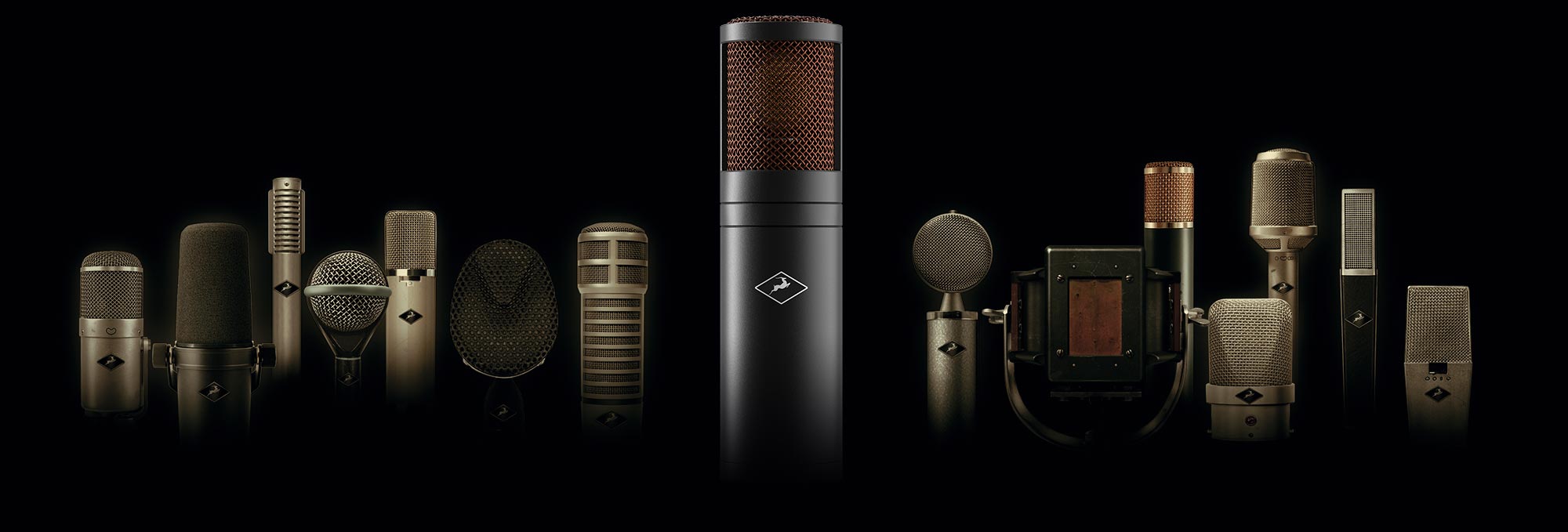
Recording history in
18 vintage microphones
The Edge Duo’s Modeling Engine features microphones with designs that could hardly be improved upon. The magic and character of the models springs from their imperfections – that is why every microphone has been recreated meticulously. Apply any of the 18 emulations to shift to a more classic vibe for nearly any sound source, establish a new sound or simply find your inspiration to get out of a rut.
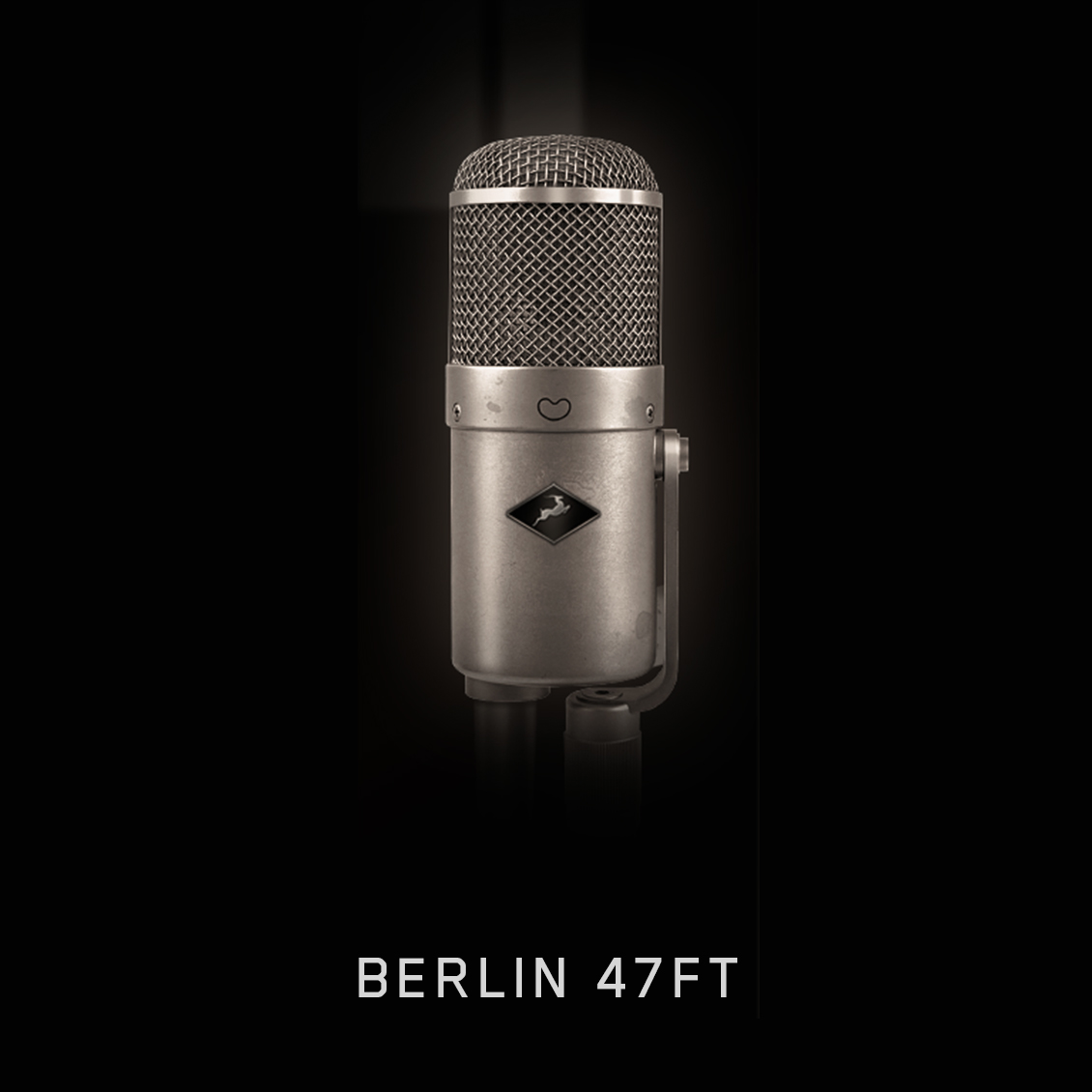
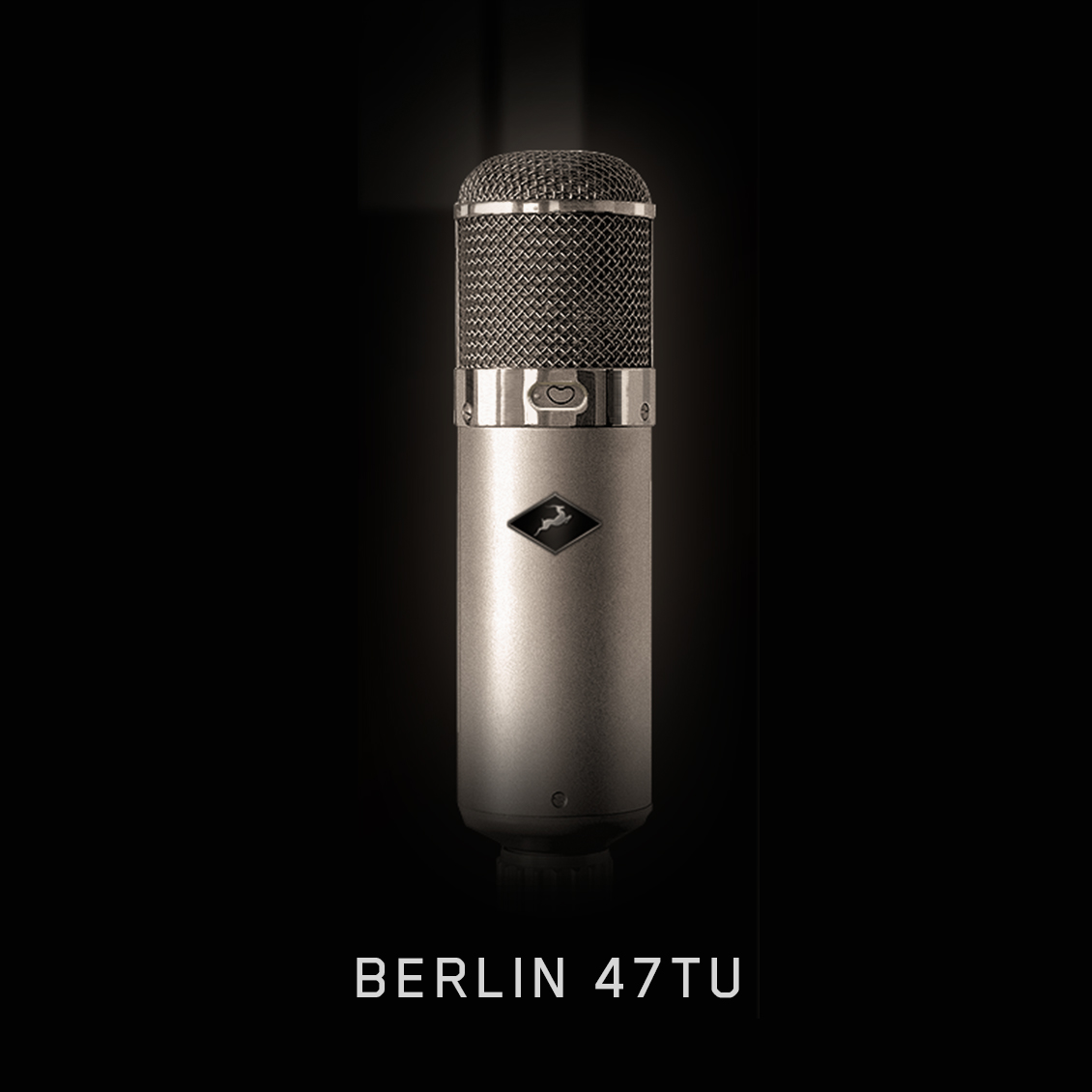
Modeled after a vintage U47 from the 50s, this has arguably become the most recognizable and famous studio microphone of all times or as most engineers call it – “the holy grail” of tube microphones. It’s suitable for any source and any application, but its glory is mostly due to its ability to capture vocals’ presence like no other microphone. The 47TU gives you the ultimate balance of warmth, smoothness, creaminess, and presence.
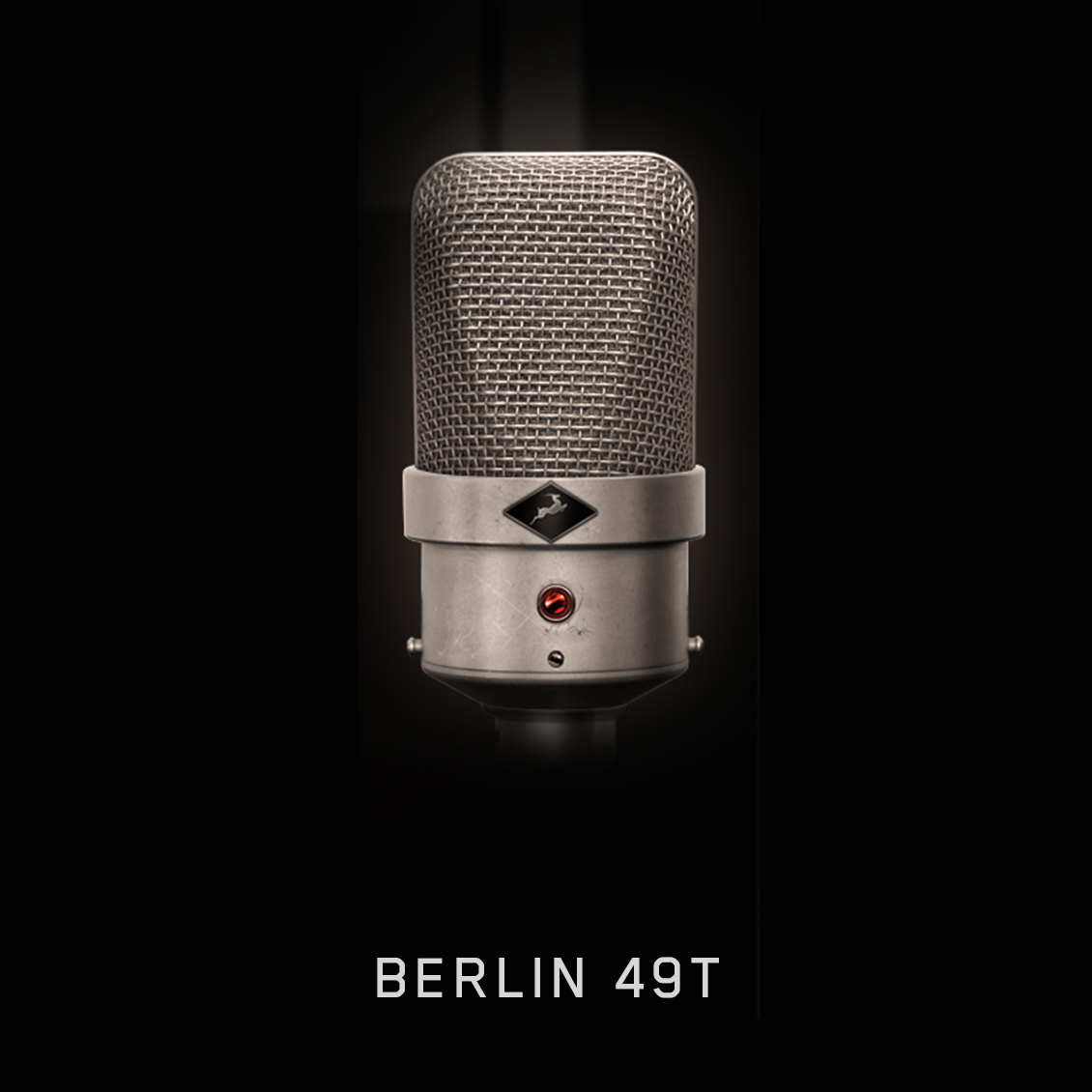
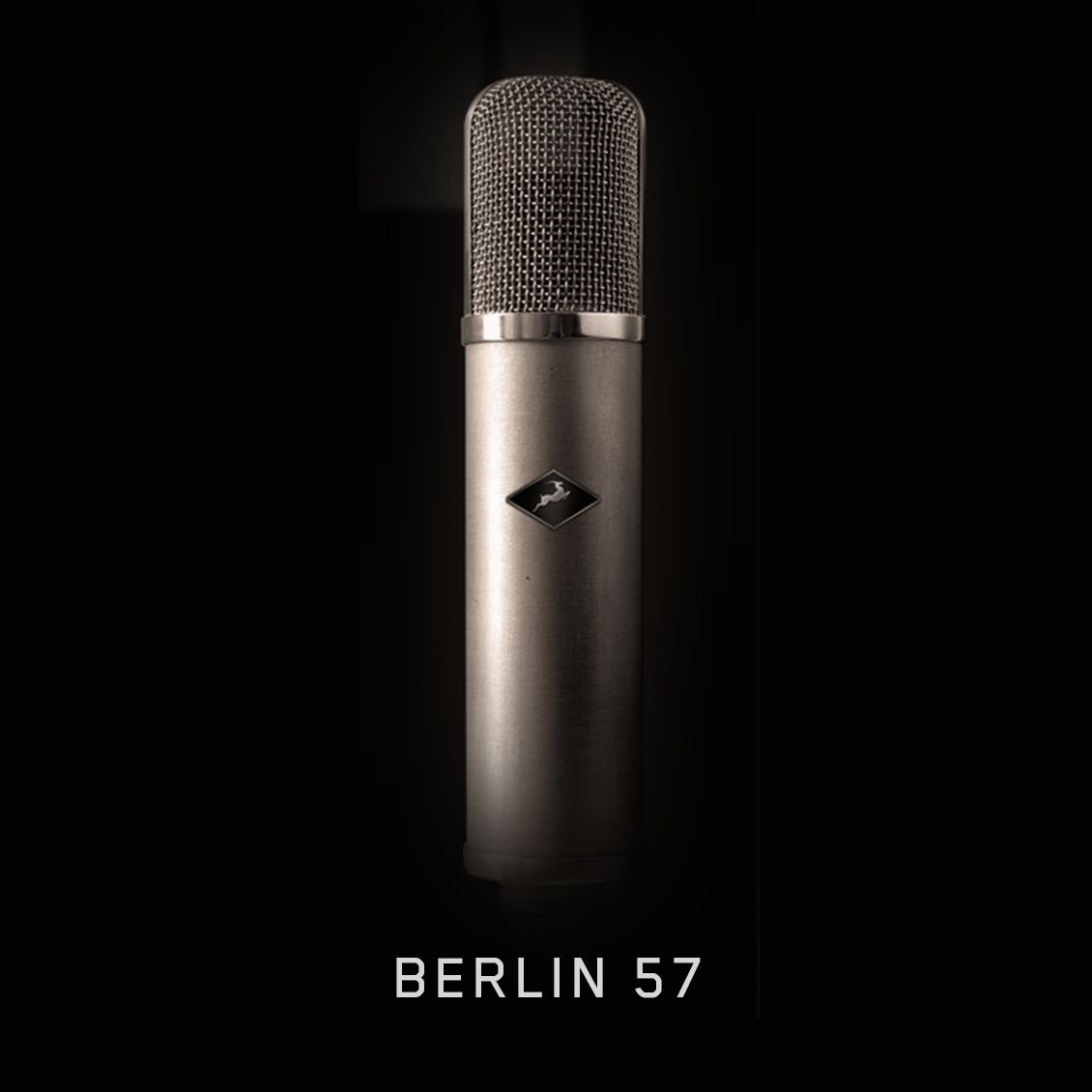
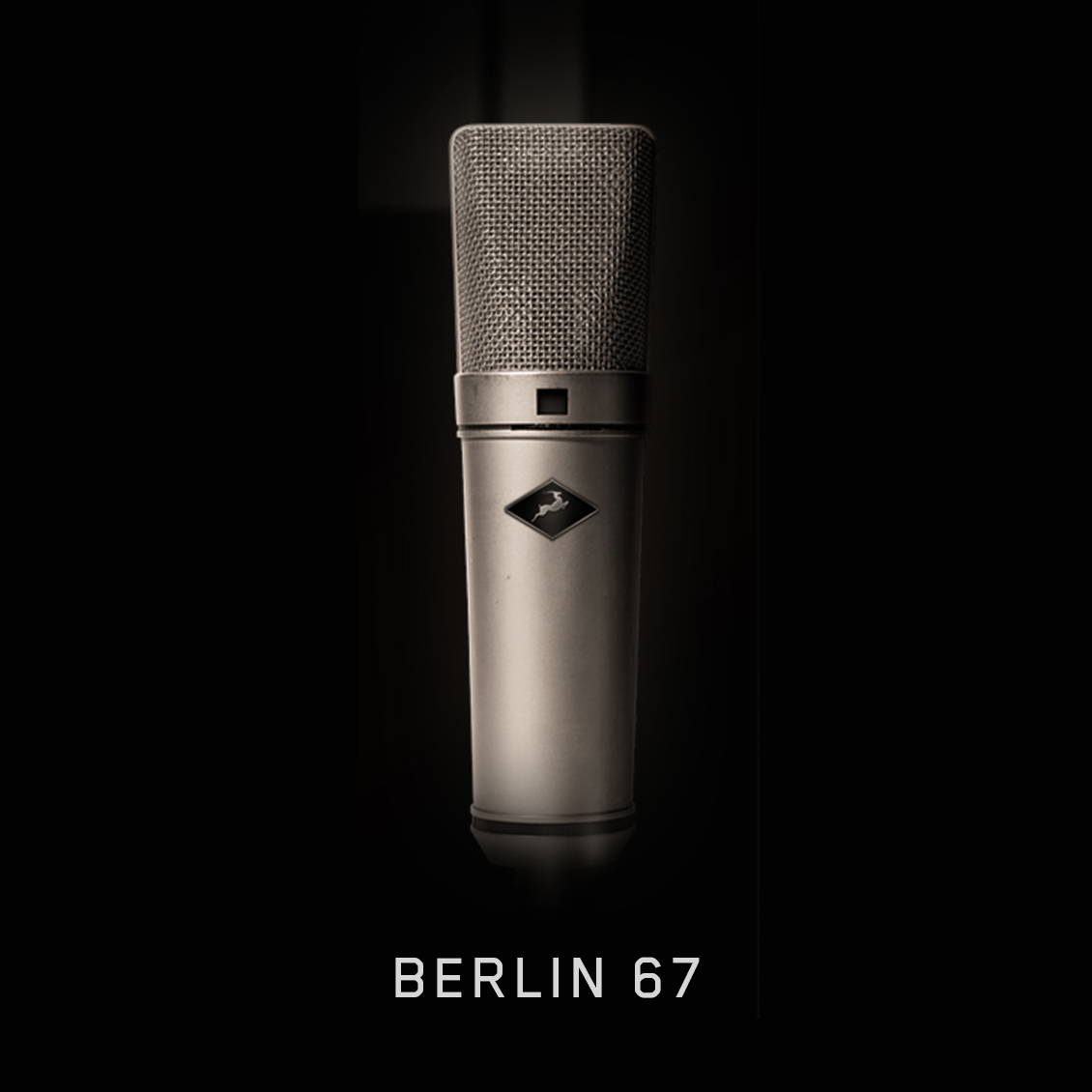
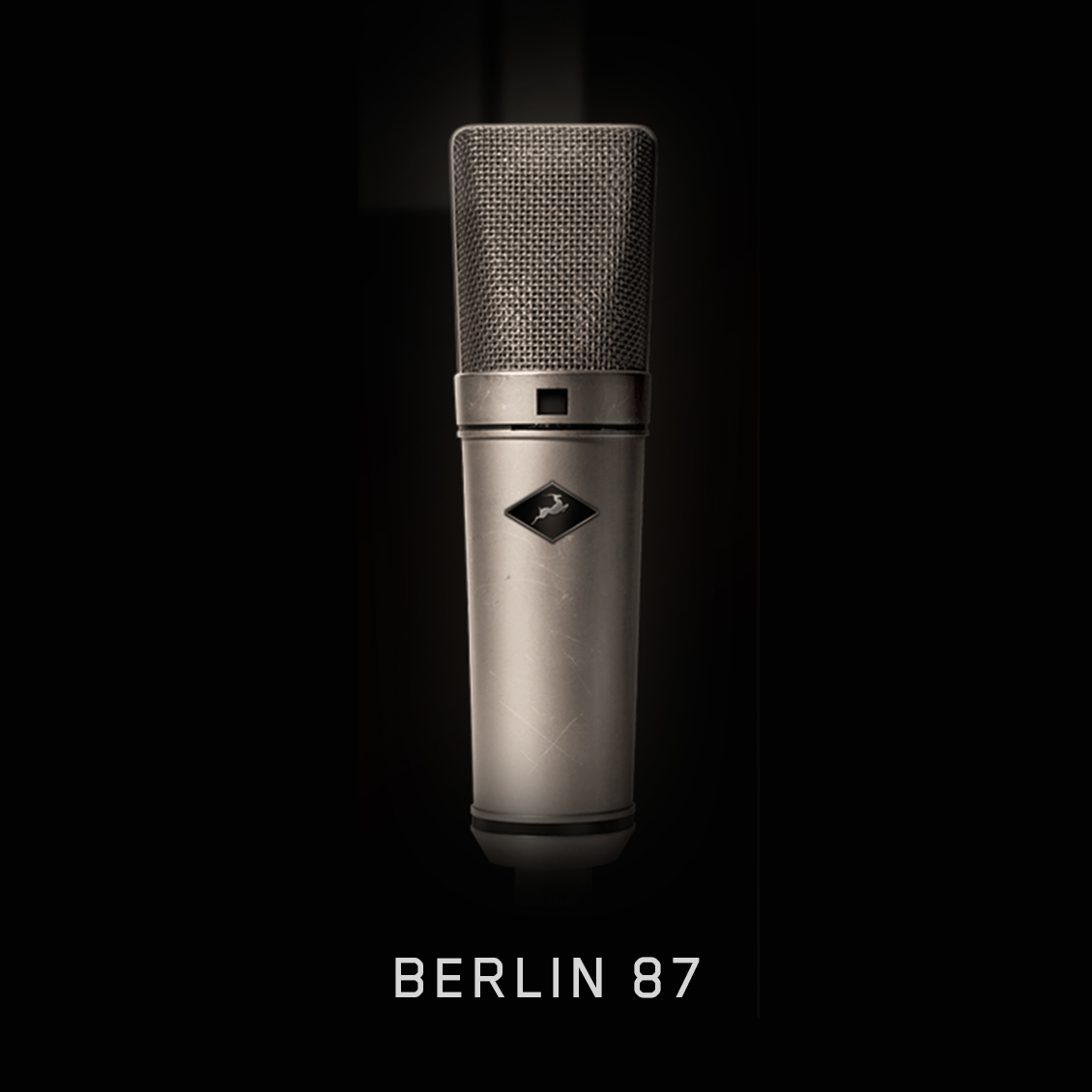
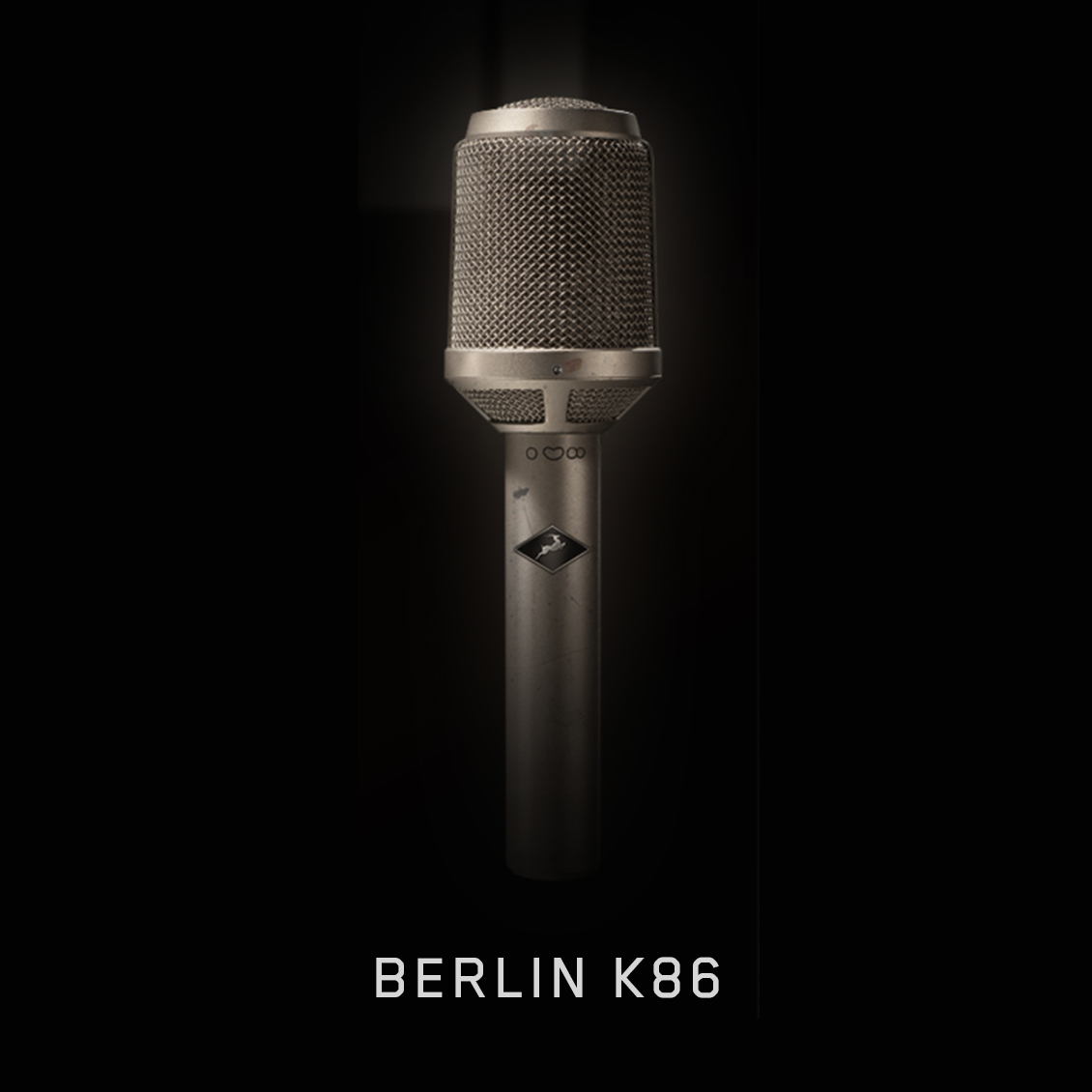
Modeled after a vintage KM86 from the late 60s, this emulation of a classic German small-diaphragm condenser microphone is a rare secret weapon because of its broad uses. It’s been heard on snare drums (Metallica’s “Black Album”), piano (Pink Floyd’s “Dark Side Of The Moon”), and vocals (Stevie Wonder’s “Where I’m Coming From”)
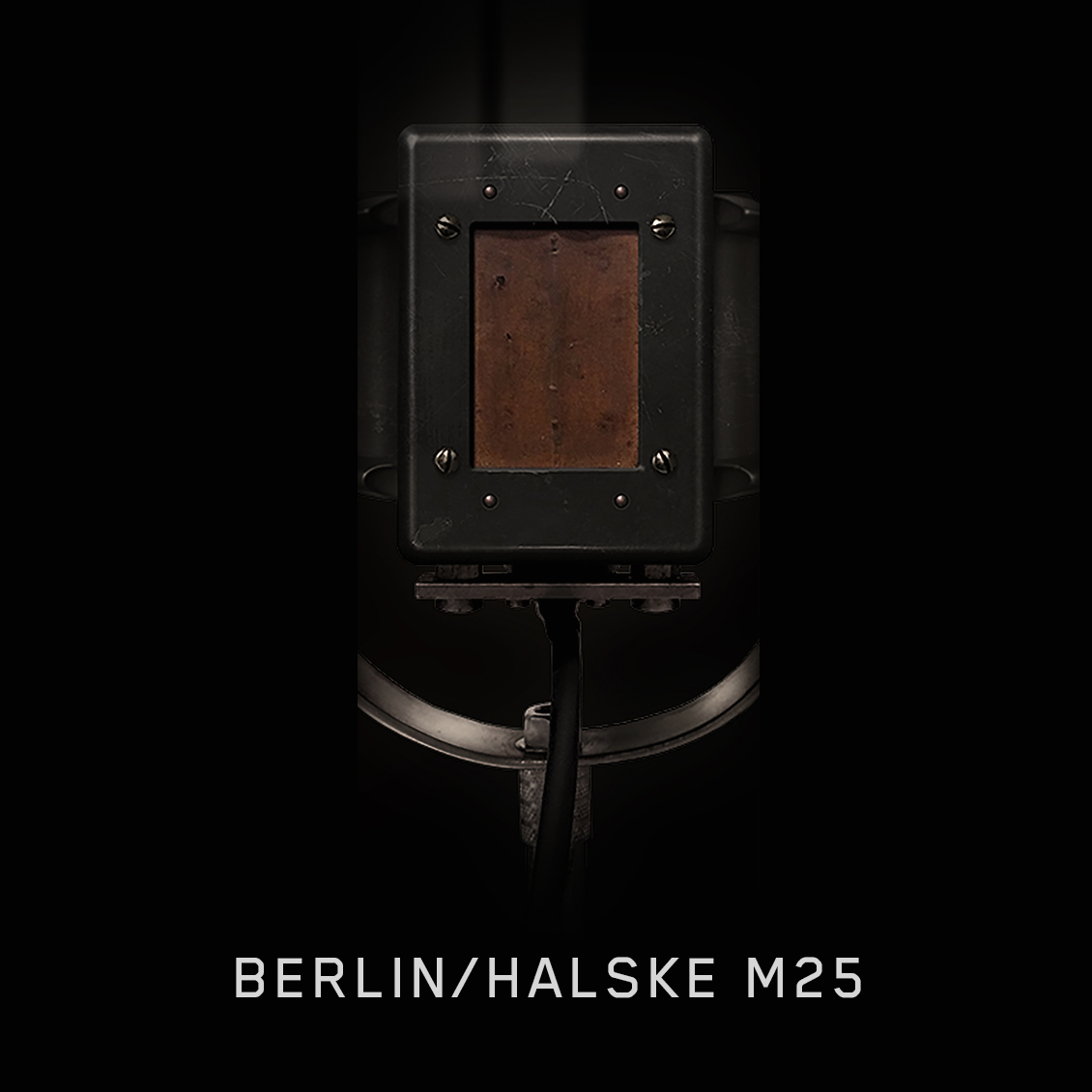
The original M25 was patented back in 1930 after a long research and development phase which resulted in a ribbon microphone that sounds absolutely astonishing. The novel arrangement of resonance chambers results in excellent high end detail adding to an already warm and delicate character. You may not expect this kind of sonics from a microphone that originally weighted four kilograms, but that’s German engineering for you! The M25’s directional characteristic is similar to, but not quite cardioid.
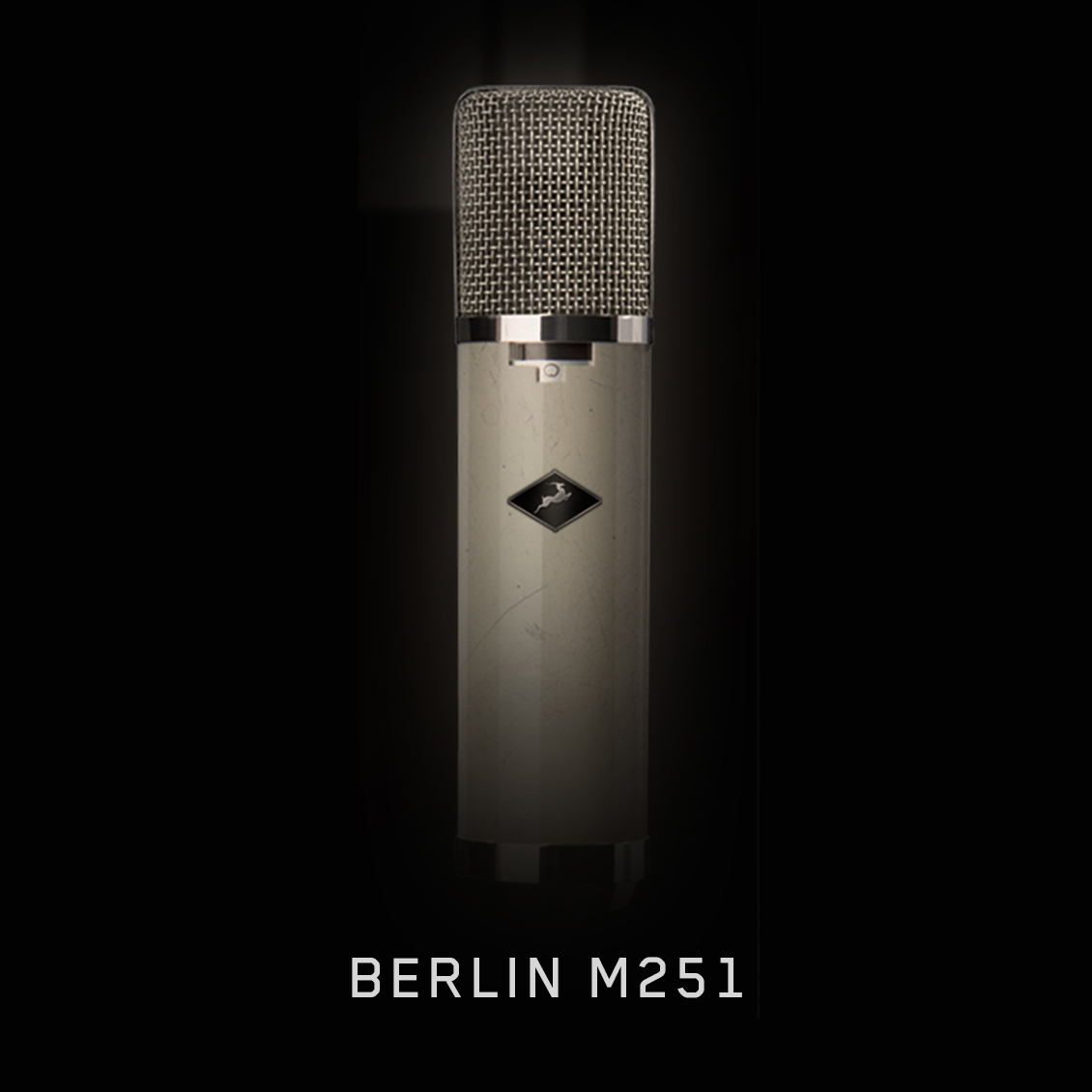
Modeled after a vintage ELA251, this is an all-time classic female-vocal microphone and one of the finest engineering accomplishments in its field. Since its release in the early 60s, it has been heard on countless records by Tina Turner, Shania Twain, Bjork, and many other legends.
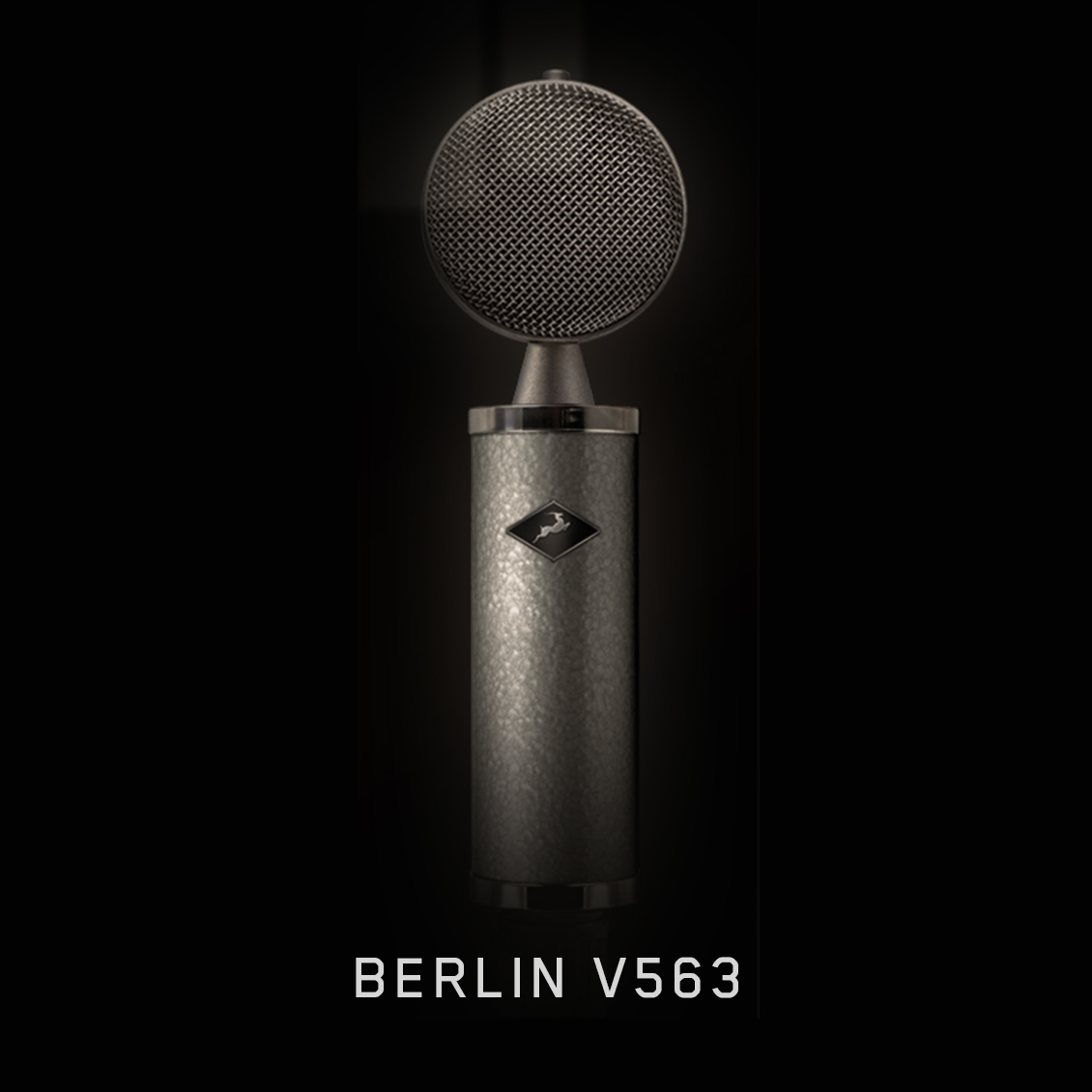
Modeled after a vintage CMV563, this emulation shares a similar sound character to the legendary 47TU with its natural warmth and smoothness, yet it adds another layer of presence and sheen on top.
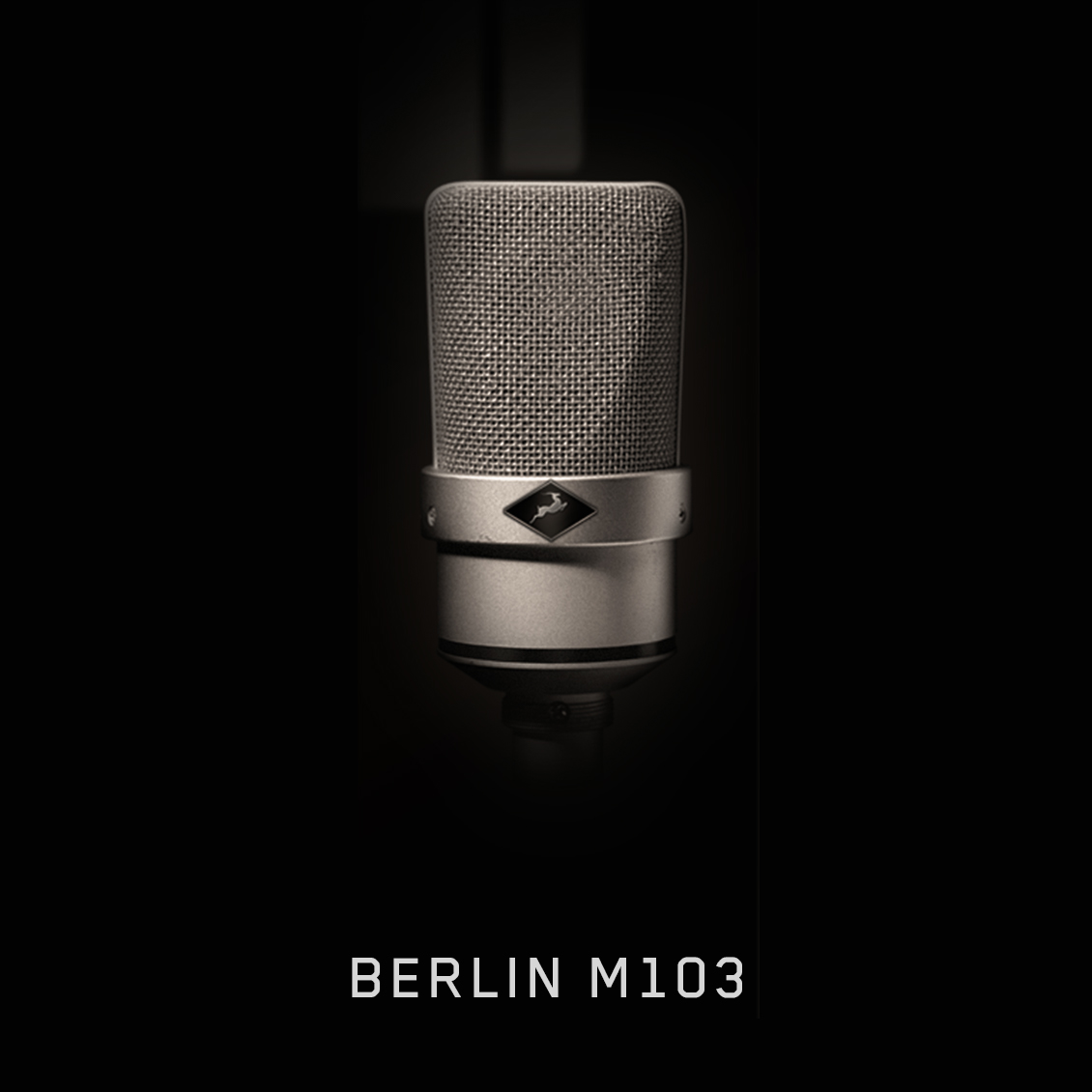
Modeled after a TLM103, this classic mic traces its heritage to the 87, but with a modern spin on it. It’s a great natural-sounding all-purpose studio microphone that offers less coloration than its brother the 87, but a bigger dynamic range.
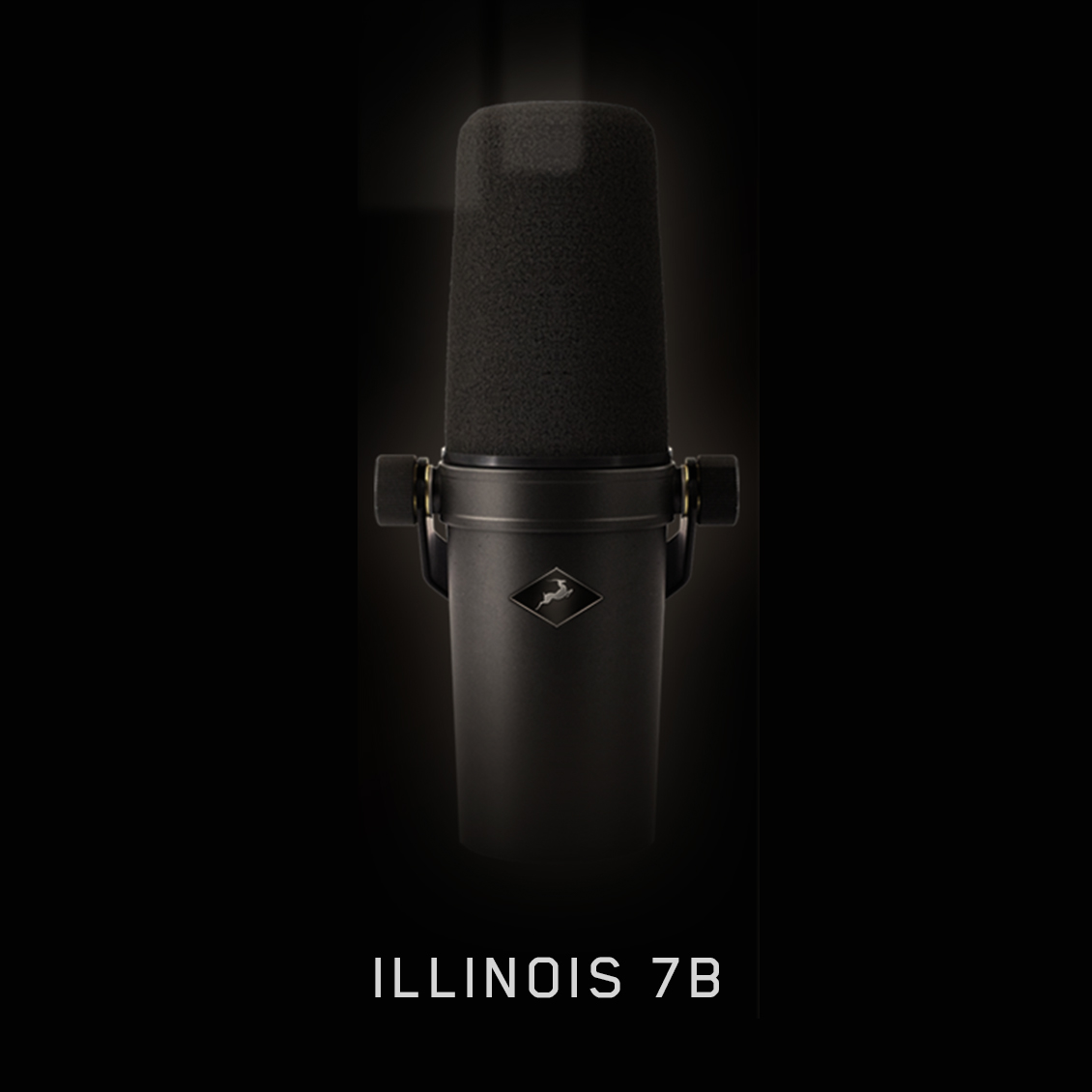
Modeled after a vintage SM7B, this large-diaphragm dynamic microphone is in the drawers of most professional studios. Its applications vary from kick drums, bass cabs, and vocals (both live and in the studio), but it’s most well known as the “radio mic”, because of its ability to capture incredibly deep low-end on voice-overs and speech.
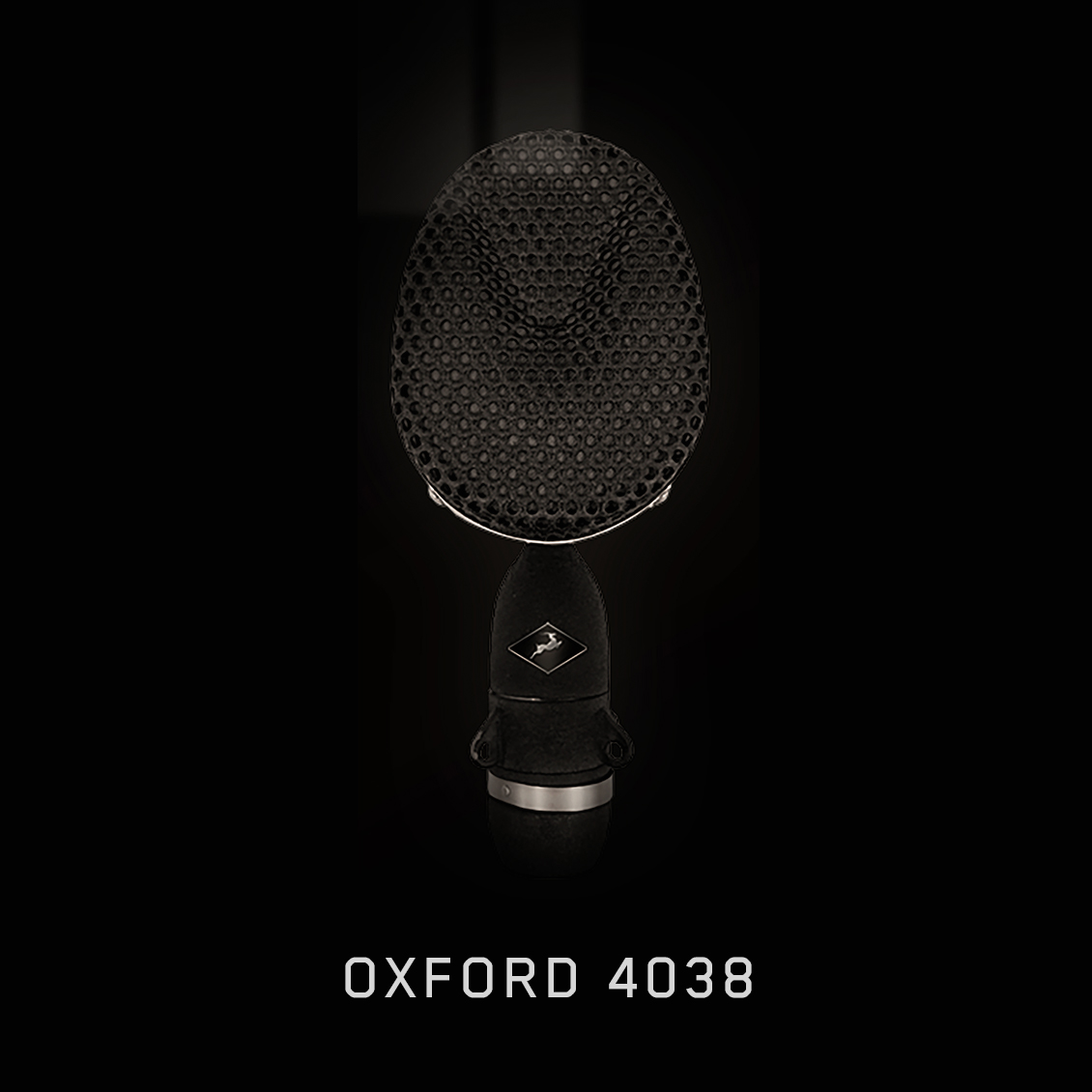
Modeled after a vintage 4038, this ribbon microphone has become the favorite of many pros because of its extended versatility and endless smoothness. Its dark, yet sweet and detailed high-end make this the perfect solution for drum overheads, piano, and rooms.
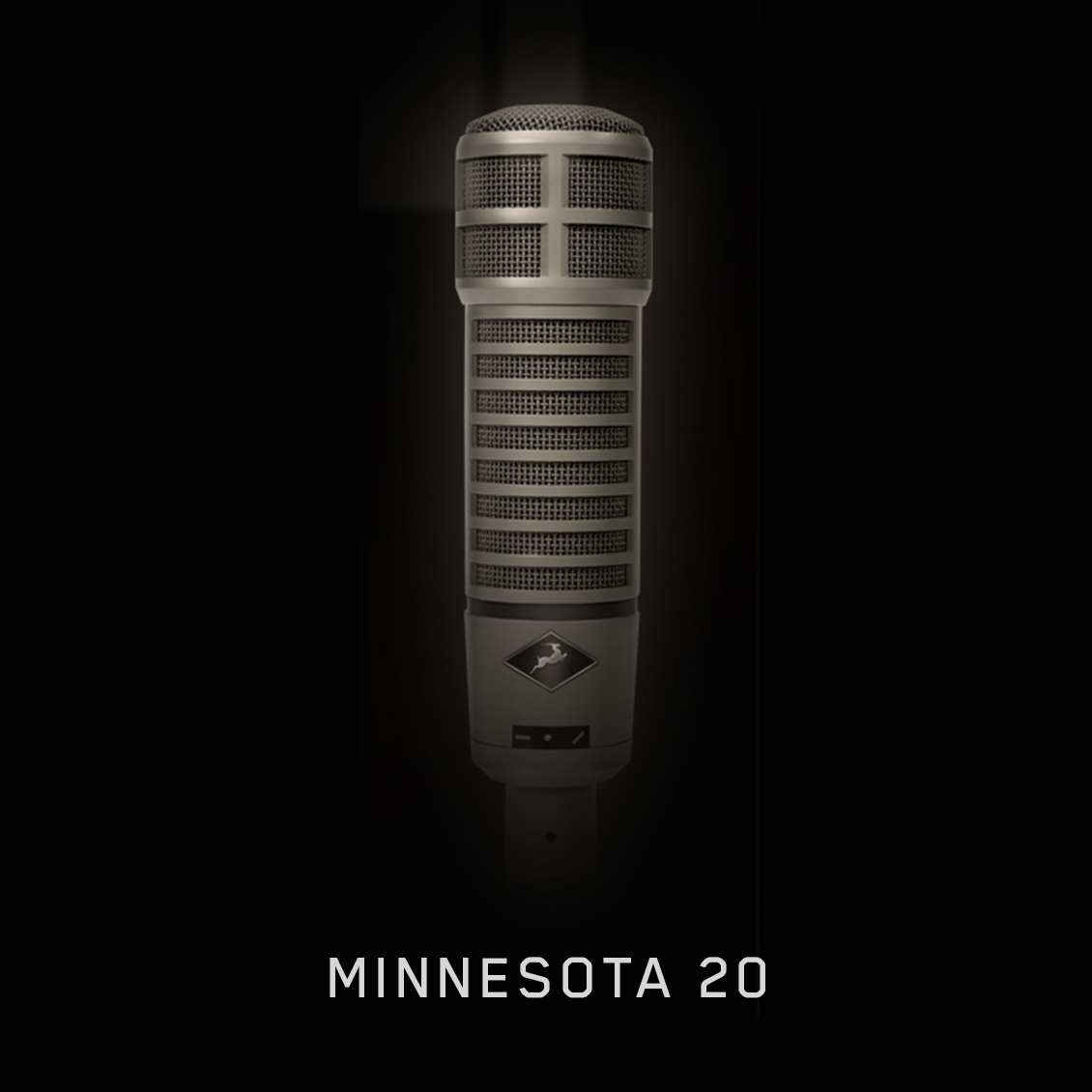
Modeled after a vintage RE20, this classic large-diaphragm dynamic microphone shares many tonal similarities with the Illinois 7B. It has a familiar large and full low-end making it suitable for kick drums, bass cabs, and male vocals. In contrast to the 7B, the Minnesota 20 has a slightly looser, more open, and natural sound stage.
I am text block. Click edit button to change this text.
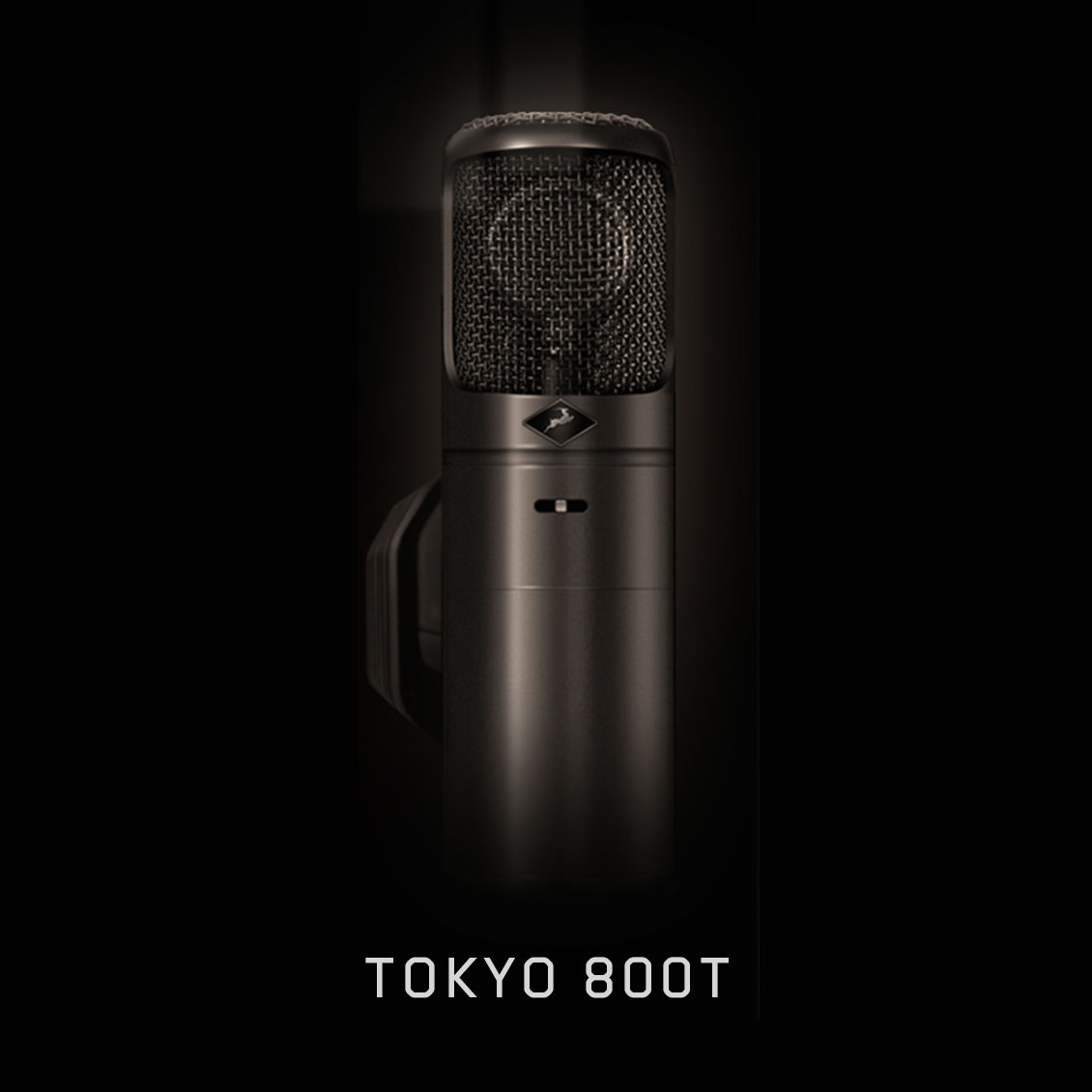
Modeled after a vintage C800G from the 90s, this classic hip-hop and pop large-diaphragm condenser mic has become the favorite for Drake, Justin Bieber, and many other artists today. Its ability to add unmistakable air and sheen on vocals make it the ultimate modern voice-capturing tool. Many describe its sound as having a “finished” quality to it.
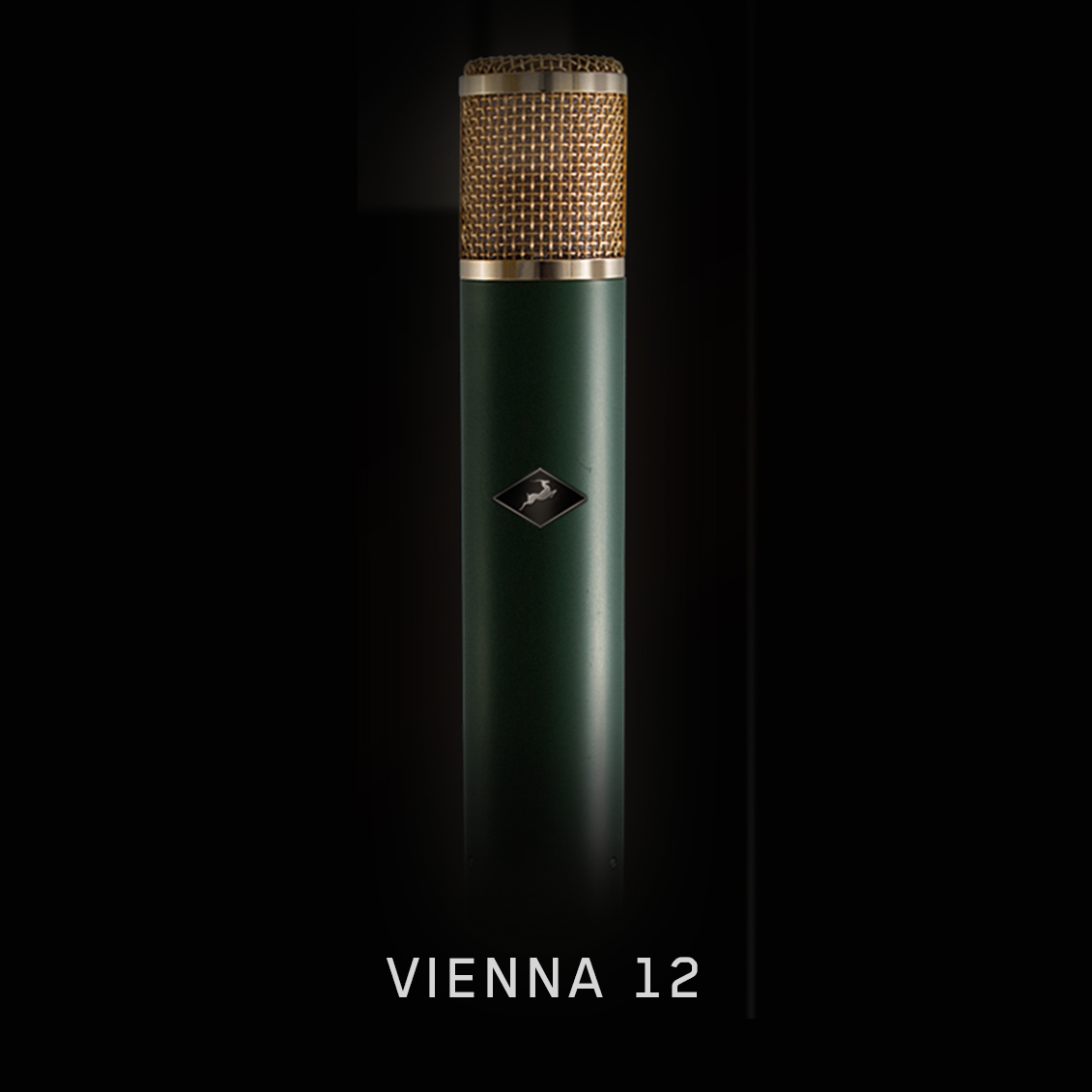
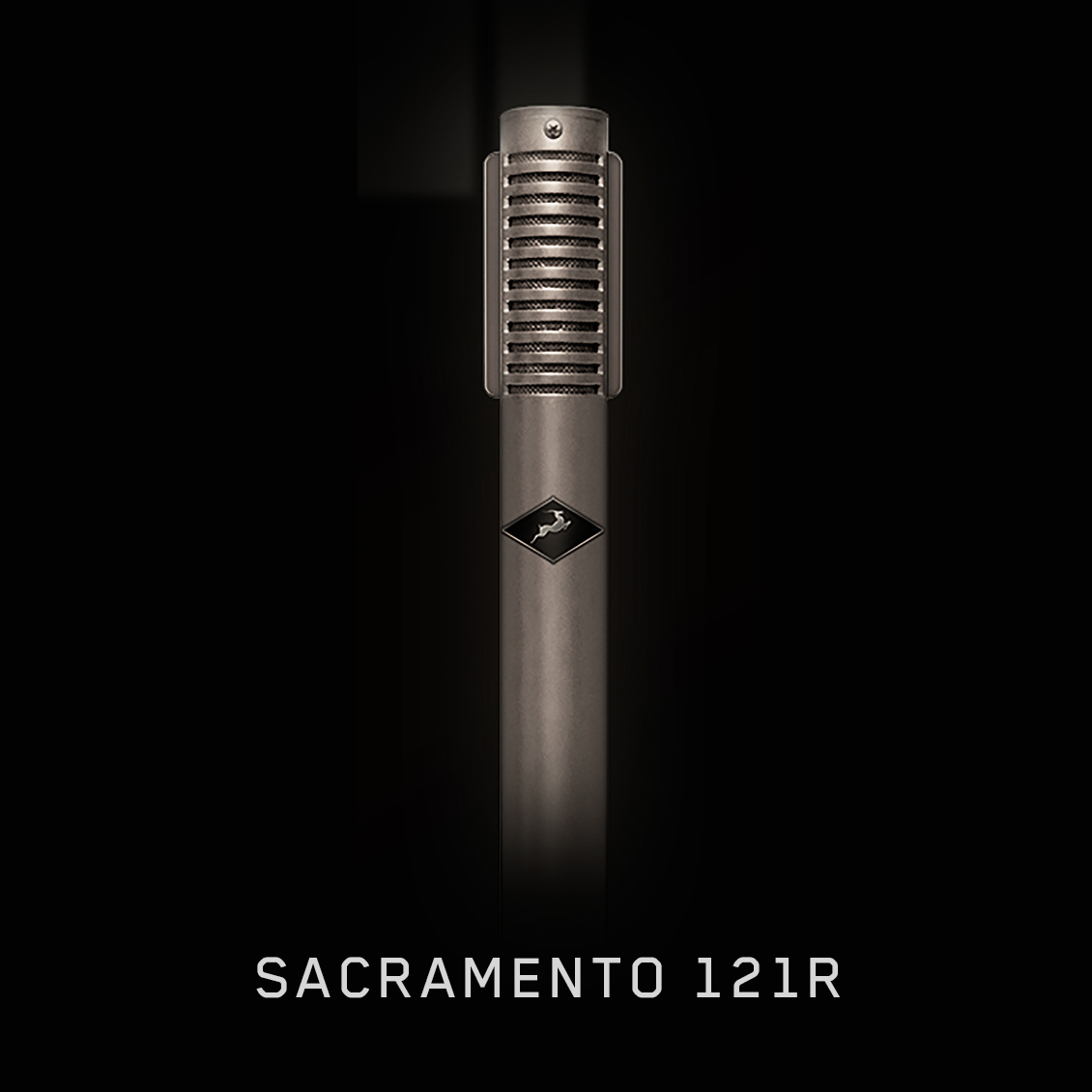
Modeled after a vintage R-121, the legendary ribbon has been heard on countless records. This emulation has a very warm and characteristic sound with a gentle musical roll-off at the high-end. That has made it a top choice for guitar cabinets even though the 121R is also a great all-purpose tool.
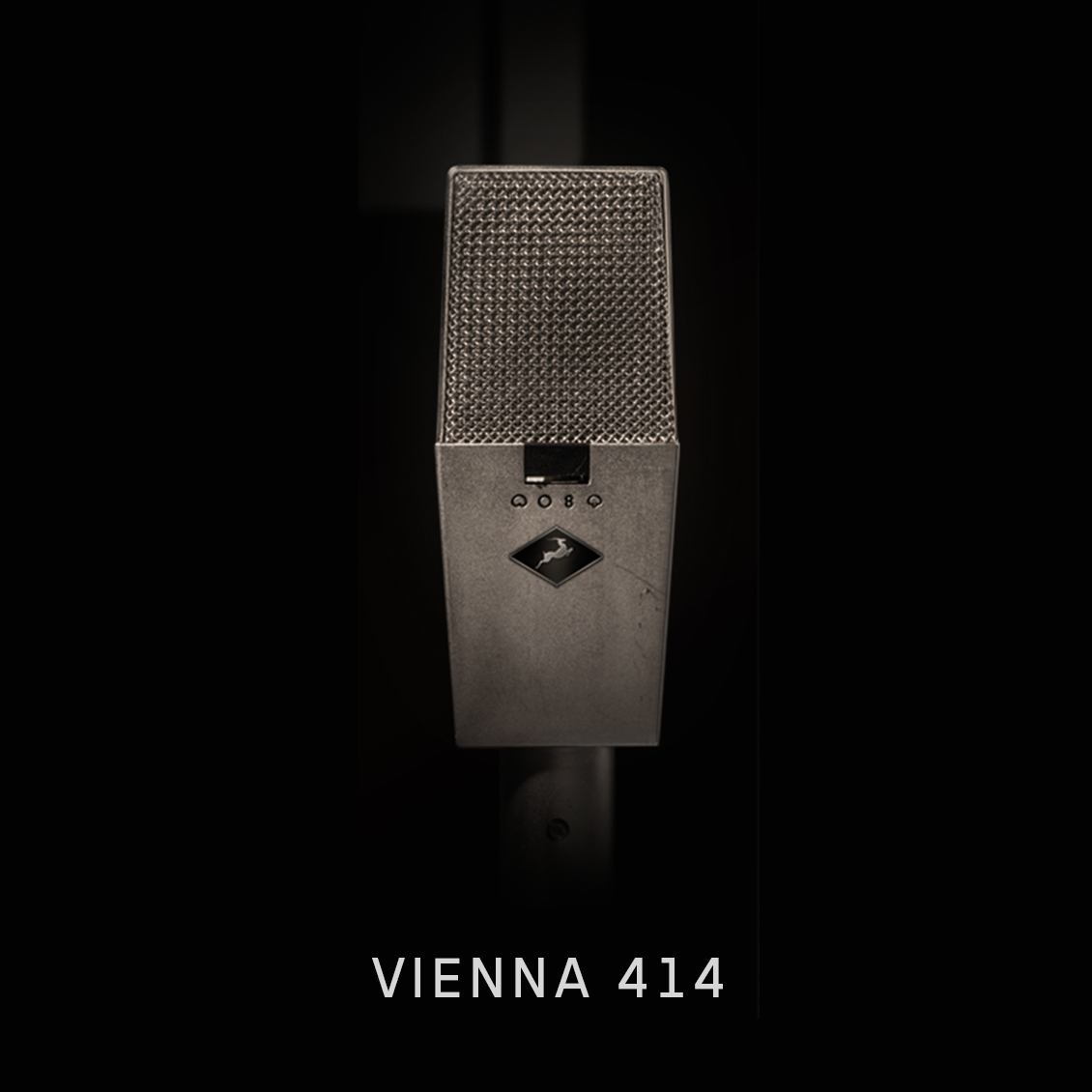
Modeled after a vintage C414 Brass Capsule, this iconic large diaphragm-condenser microphone is the ideal choice for drum overheads, acoustic instruments, and other airy sources. It captures sharp and present transients whilst maintaining an ear-friendly silky-smooth top-end at all times.
